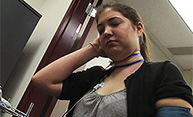
Some Stress Can Be Your Friend
Rethink the way we view our shaky hands, pounding heart, and sweaty palms can help people perform better both mentally and physically.

Student Innovators are Finalists for International da Vinci Award
With the MonoMano system, a rider can steer, brake, and shift gears on a recumbent tricycle with one hand.
EVENT: University Showcase Highlights Emerging Technologies
The half-day event is filled with poster presentations by university researchers showcasing their research, and industry and government representatives outlining their needs and resources.
EVENT: Symposium to Address 21st Century Energy Issues
The symposium is sponsored by the Energy Research Initiative (ERI), founded in 2008 to coordinate energy-related research and educational activities at the University.
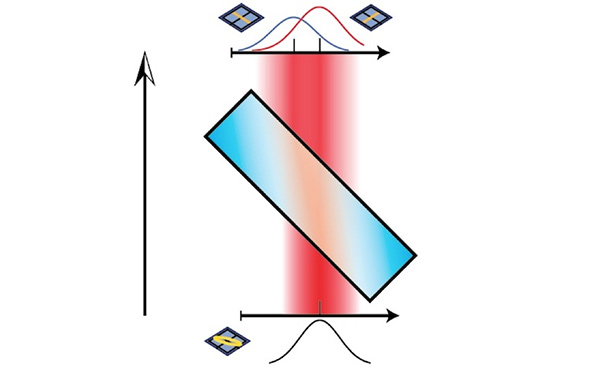
Exploiting Subtleties in the Uncertainty Principle
Researchers at the University of Rochester and the University of Ottawa have applied a recently developed technique to directly measure for the first time the polarization states of light.
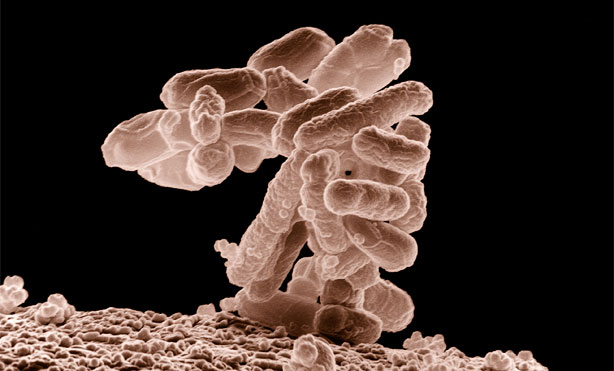
Superbugs May Have a Soft Spot
Researchers have identified a weakness in at least one antibiotic-resistant superbug that scientists may be able to medically exploit.

Tweets Predict Lifestyle Influence on Health
At the heart of their work is how they are training an algorithm to distinguish between tweets that suggest the person tweeting is sick and those that don’t.
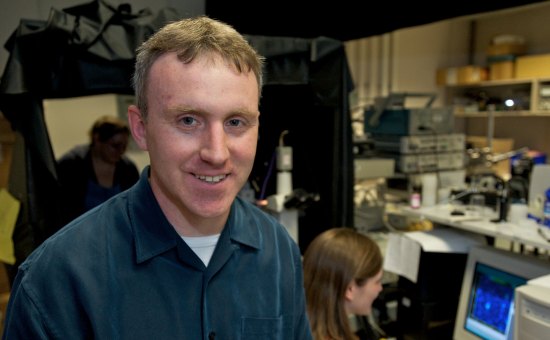
American Physical Society Honors Chemist
Todd Krauss is being recognized for his outstanding contributions to the field of nanoscience, especially the photophysics of nanoscale semiconductors.
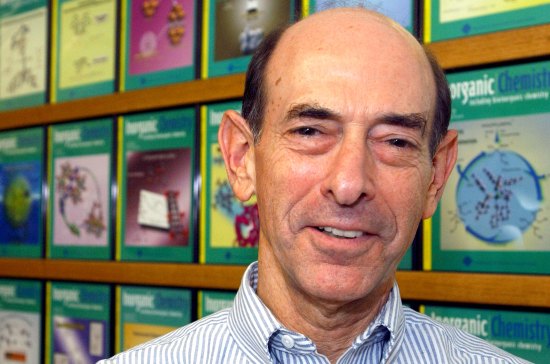
Chemistry Professor Recognized
The New York Section of the American Chemical Society has named Eisenberg the winner of its 2013 William H. Nichols Medal Award.
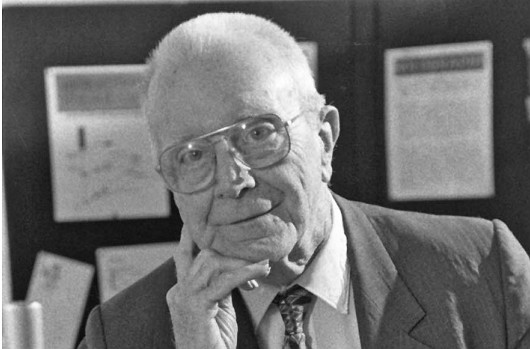
Optical Scientist and Educator M. Parker Givens Dies at 96
Although Givens “officially” retired in 1981 at the mandatory age of 65 (at that time a federal law), he continued to teach for another 22 years, and was primarily responsible for the senior laboratory course.
